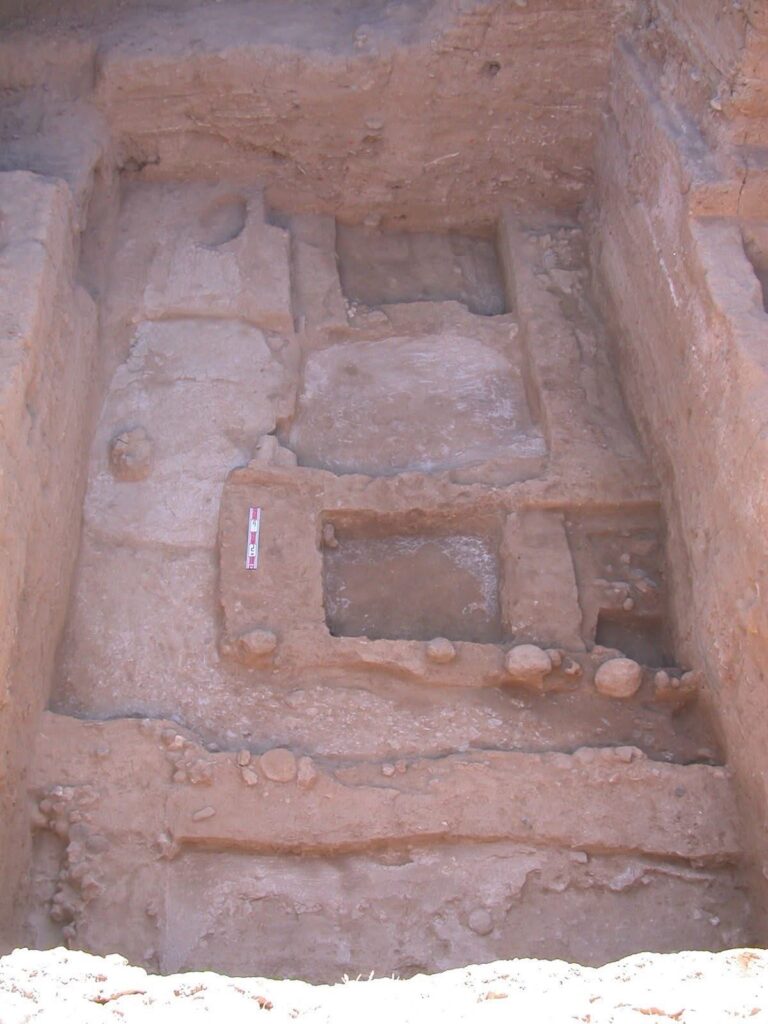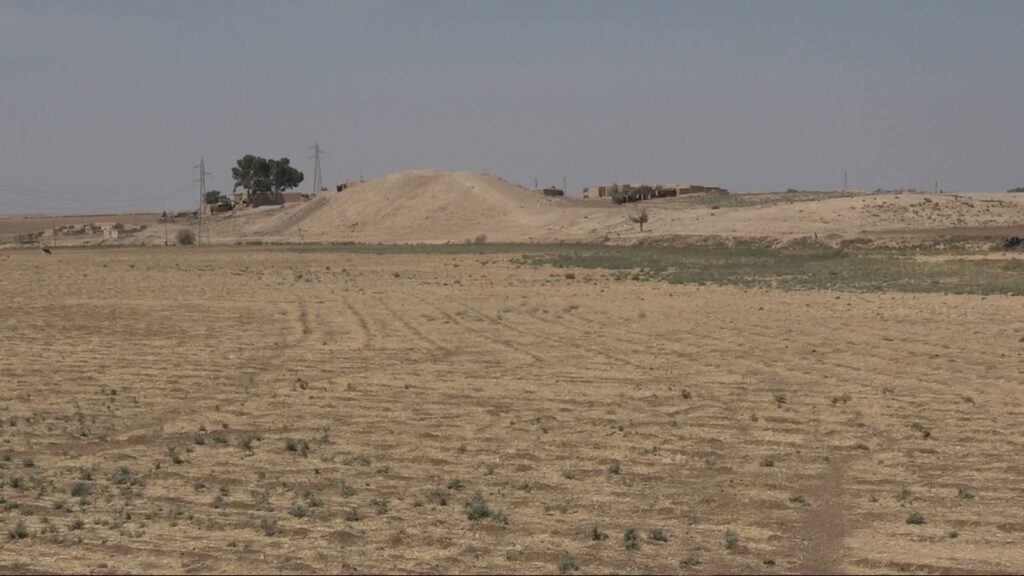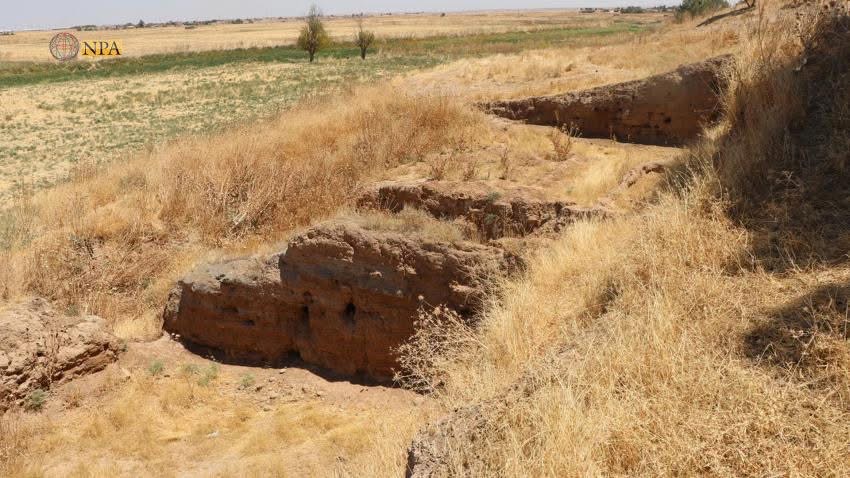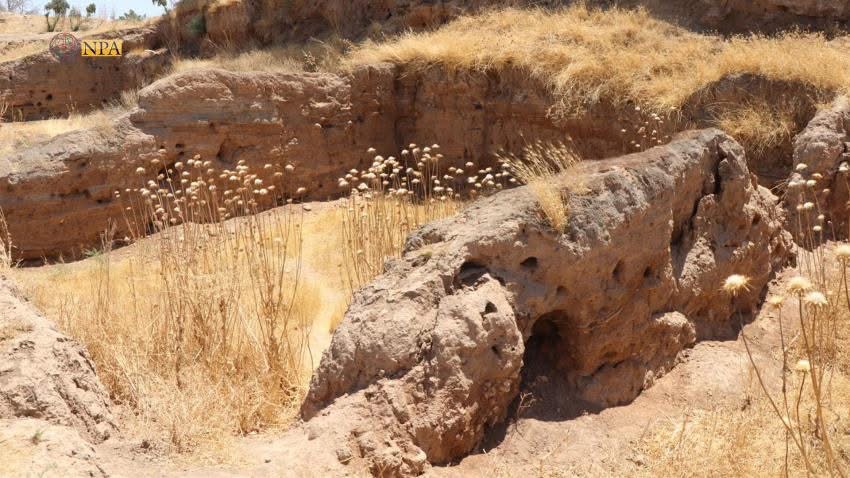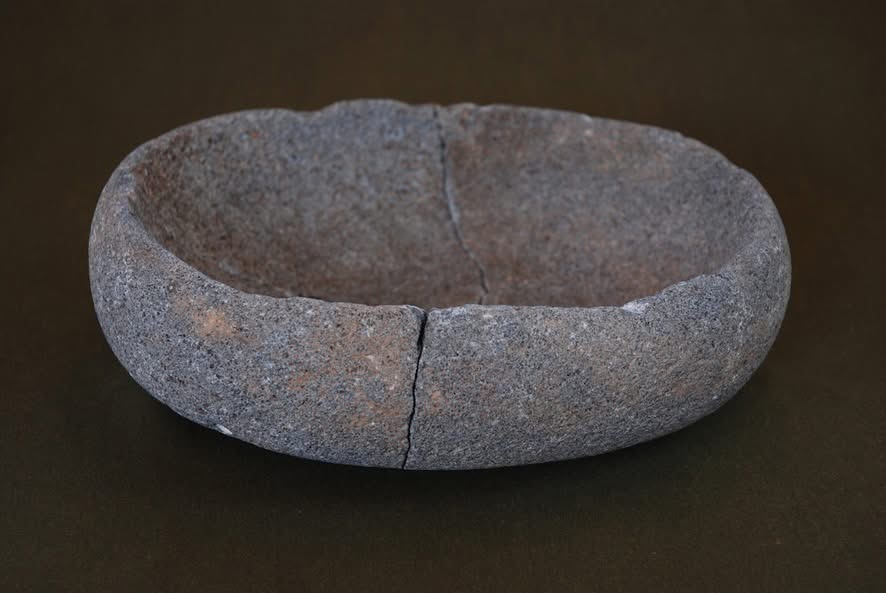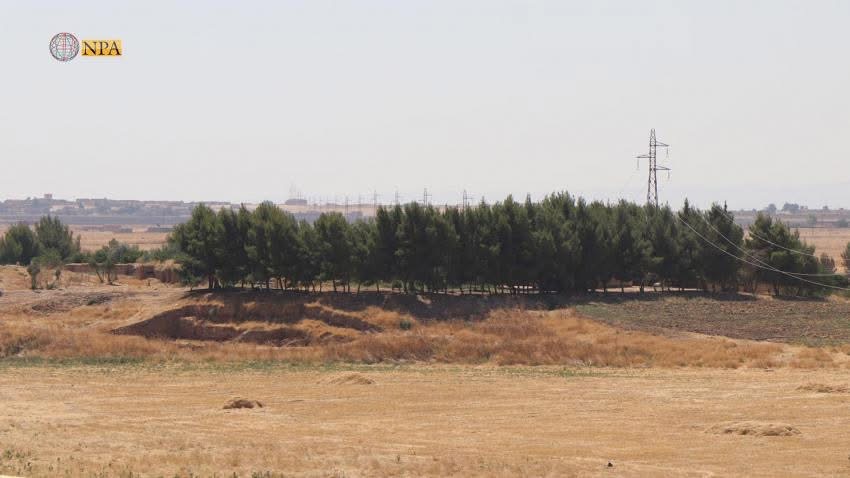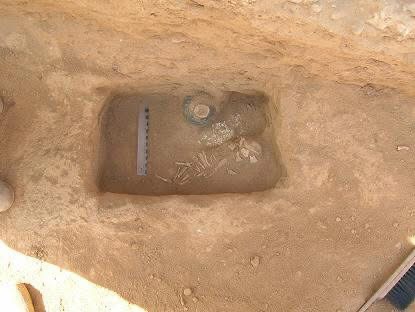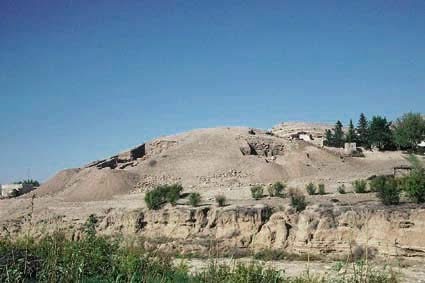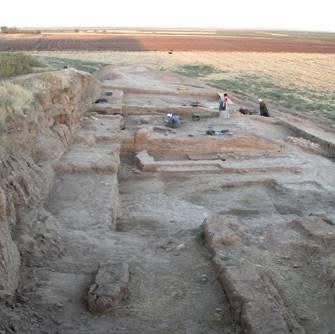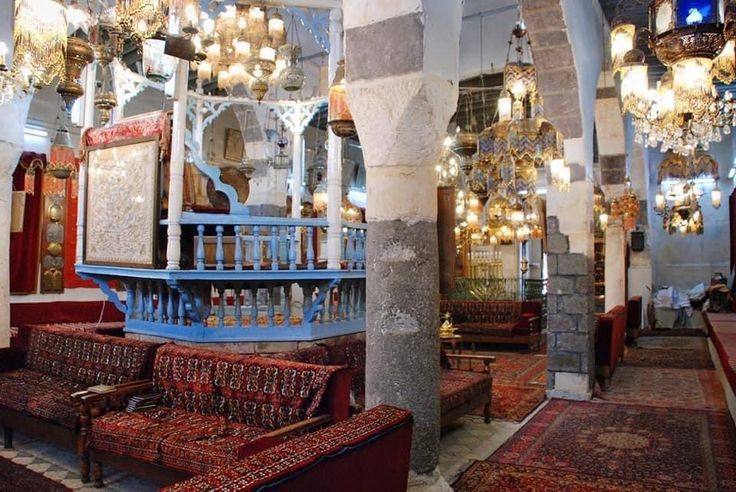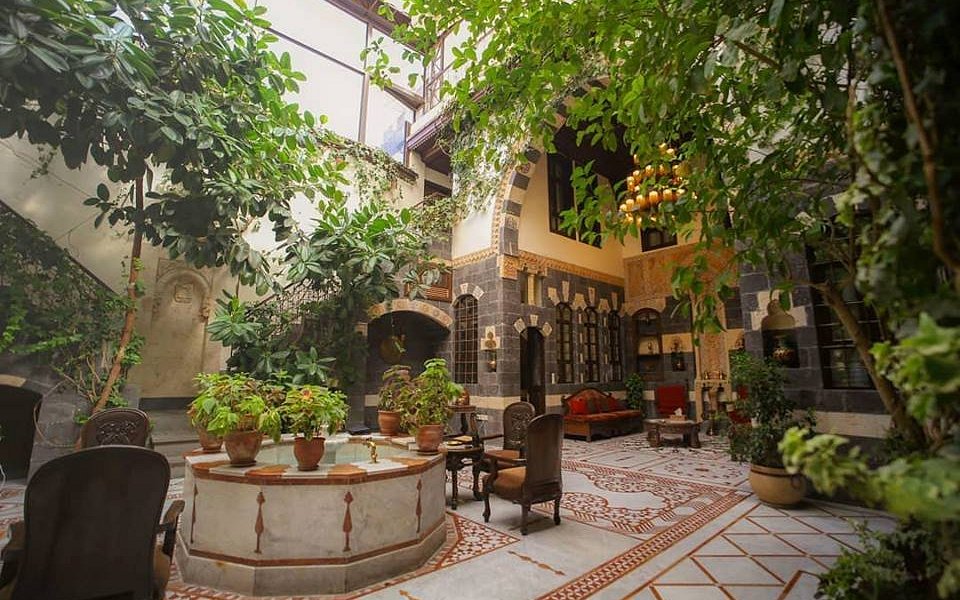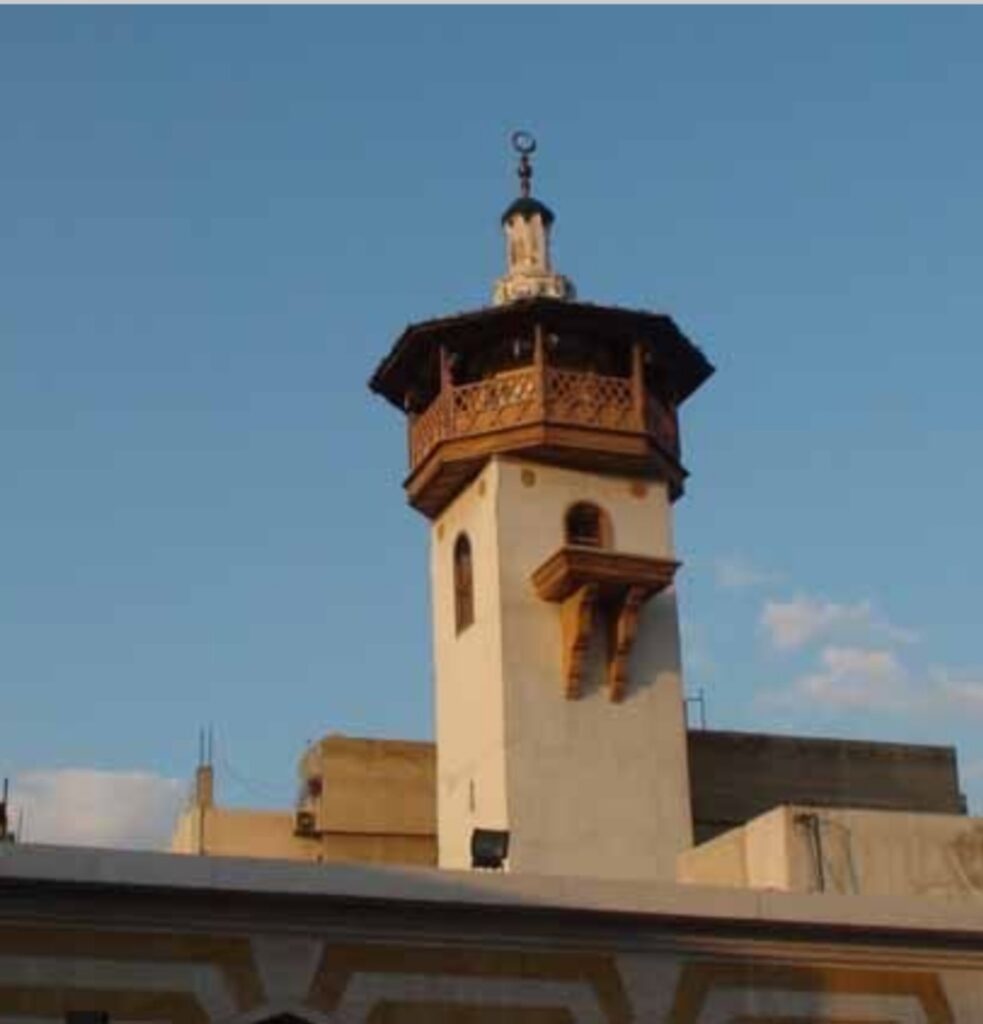Tel Sakkar al-Ahaymar stands as a testament to the historical transition from foraging to organized agriculture, with its earliest settlement dating back to approximately 9000 BC. French expeditions have uncovered polished clay floors and walls adorned with white plaster, reflecting the advanced building techniques of that era.
Excavations have also revealed semi-spherical bread ovens and calcified straw baskets, providing evidence of the use of local wheat in the production of flatbread—a clear indicator of the gradual development of food production techniques. The site remains preserved under a thick layer of soil, which helps protect it from natural elements, and is currently utilized as a field laboratory for studying the earliest beginnings of agriculture, offering an educational environment for students in this field.
